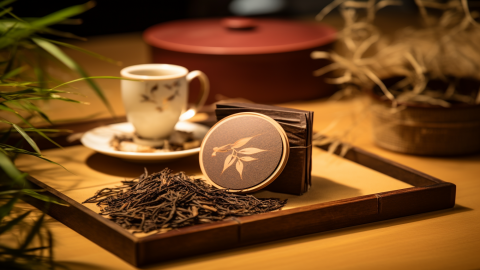Is it good for patients with gallstones to drink tea?
Generally speaking, whether patients with gallstones should drink tea depends on multiple factors, including the severity of the condition, type of stone, method of tea consumption, and individual differences. A detailed analysis is as follows:

For patients with stable gallstone conditions who have no symptoms such as abdominal pain or jaundice, particularly those with small cholesterol stones, drinking a moderate amount of weak tea in small, frequent portions is generally safe and unlikely to cause adverse effects. The catechins and other components in light tea may offer certain health benefits, help maintain hydration, and support metabolism, but excessive consumption should be avoided.
However, during an acute episode of gallstones—especially when accompanied by severe abdominal pain or fever—or in cases involving pigment stones, large stones, or consumption of strong tea (particularly concentrated black tea), drinking tea is not recommended. Caffeine and other substances in strong tea may stimulate gallbladder contraction, triggering or worsening pain, and potentially impairing digestive function, which could hinder disease management and recovery.
In daily life, avoid drinking tea on an empty stomach or before bedtime to prevent irritation of the gastrointestinal tract and gallbladder; do not consume overnight-brewed tea to reduce bacterial growth. If abdominal discomfort or increased pain occurs after drinking tea, discontinue immediately. Plain warm water should remain the primary source of daily hydration. Tea can be consumed occasionally for variety but must never replace standard medical treatment.




